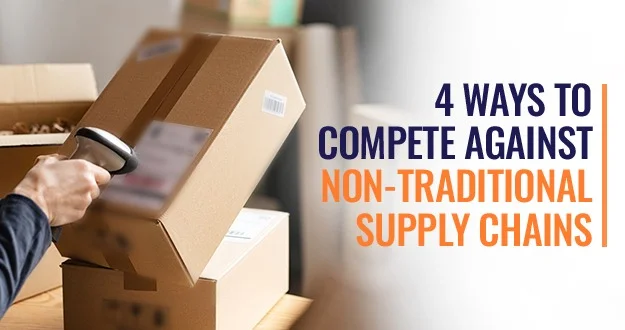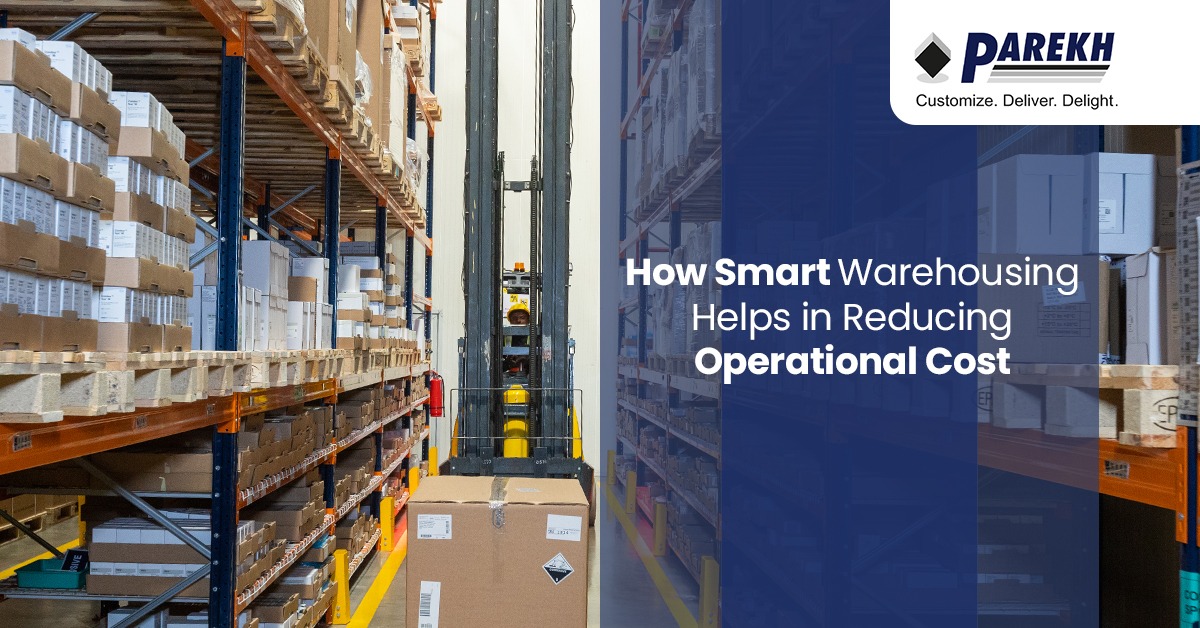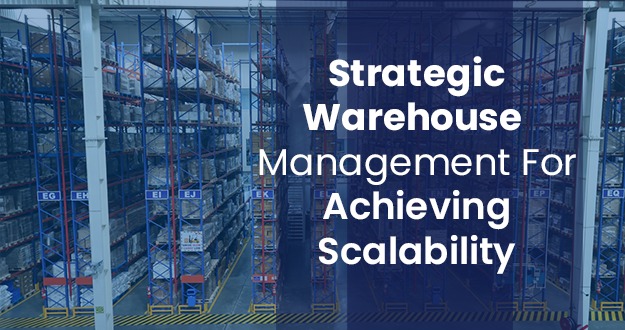
Published on: 14-12-2023
Author : PISPL Editor Team
4 Ways to Compete Against Nontraditional Supply Chains
Businesses all over the globe are competing to have the quickest and most efficient supply chains in order to stay ahead of the competition. This has resulted in significant advancements in optimization and innovation, sometimes in unexpected ways.
The supply chain sector in India has become increasingly competitive in recent years as nontraditional businesses such as startups and internet giants have entered the competition. As a result, the sector, including supply chains as a whole, is undergoing a transformation. For their organizations to thrive today, third party logistics must discover strategies to be competitive and agile.
According to the latest Gartner Future of Supply Chain research, more than half of supply chain businesses across different sectors anticipate being disrupted by competitors in the coming years. A variety of nontraditional competitors pose the highest potential threat. Nevertheless, there are certain best practices to follow to remain competitive.
Create a strong customer relationship
Keep an eye on the requirements and expectations of your consumers. We often find businesses resting on their strengths and ignoring customer needs. Using traditional techniques, in this case, provides the competitors with a window of opportunity to steal clients.
The importance of the customer experience cannot be overstated. Develop a connection with your end-users by learning what they want, identifying their pain spots in the customer journey, establishing trust, and becoming closer to them.Companies that invest in customized logistics solutions are better positioned to address these individual expectations.
Focus on building agility
Agility is another vital supply chain competency to have under your belt. Staying competitive against enterprises with nontraditional supply networks requires quick responses to shifting market needs. The majority of conventional supply chain management companies in India are complex, with numerous command lines and internal divisions. This design has the potential to slow down decision-making and innovation. On the other hand, Nontraditional supply chains are likely to be smaller and hence make choices more swiftly. As a result, your supply chain must become more agile.
Develop a supply chain innovation mindset
Consumer demand changes continually, making an accurate prediction hard; yet, organizations must listen to and adapt to customer needs or risk becoming outdated. Established organizations are increasingly flipping their business models and pursuing a top-down strategy to innovate their system, similar to a startup. This allows companies to cut the fat from their previous operating model and, as a result, shift their service or product offerings quickly and effectively.
Furthermore, businesses are increasingly relying on data to become more available and responsive to their consumers.
Old and new business models should be integrated
Organizations with nontraditional supply networks have a significant competitive advantage over traditional competitors because they do not follow standard supply chain norms. They've discovered a new operation technique, and it's possible that they've never employed the traditional approach before.
On the other hand, traditional supply chains are more prone to be locked in outdated systems and procedures. Even if they want to execute a new business model, the transition might be lengthy and difficult. Hence it becomes crucial that traditional supply chain management companies in India adopt new business models to stay competitive.
Conclusion
Traditional supply chain operating models that generate output may be combined with nontraditional business models based on customer experience and innovation by supply chain executives and decision-makers. This mix of old and modern, traditional and inventive, is a winning recipe.



